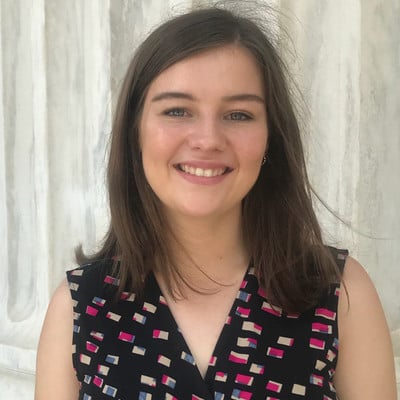Your personal statement must answer the crucial question of any graduate school application: Why are you a perfect fit for a program? To demonstrate that fit, many students craft an academic arc that traces their undergraduate experiences to their current application. But what if your path is more jagged? After switching from an undergraduate major in History to graduate degrees in Science and Technology Studies and now Art History, I know it’s possible to craft a compelling academic narrative, even if you’re changing fields.
To make the most of the thousand-word personal statement, keep these ideas in mind:
Tip 1: Emphasize the Continuities
Think back to your previous research experiences or jobs. Is there a salient connection to your intended field of study? When I wrote applications to Art History graduate programs, I mentioned an undergraduate paper that touched on visual culture and aesthetics, two central concerns of my new field.
If you can’t think of something this direct, try to draw a connection between the methodologies or themes between the two disciplines; maybe both areas of studies emphasize ethnographic research or quantitative reasoning. You want to show that you have engaged with the research of your new field, even before you started officially studying it.
Tip 2: Embrace the Pivot
If you spent four years dedicating your studies to a certain subject, why do you want to switch? Finding a compelling answer to this question is key. Perhaps you had a life experience that underscored the importance of your new field, or you are drawn to the specific methodology a discipline uses to answer a social question you’re passionate about. A sharp explanation about your switch should go near the top of your statement.
This is also a good place to make your essay stand out: how might a different background improve your application? If you’re applying to an Economics program as a Math major, for example, you could highlight how your training will help you adapt to new trends in mathematical economics.
Tip 3: Practice Humility
At the end of your statement, it’s ok to reference that your path was not linear. In fact, academic flexibility can translate into an asset: completing research over an extended period of time often means adapting to multiple twists and turns. As a young scholar, it’s your job to embrace this iterative process with a willingness to learn. Your statement should convey an open curiosity with the your new field and the research of faculty members in your chosen department.


Comments